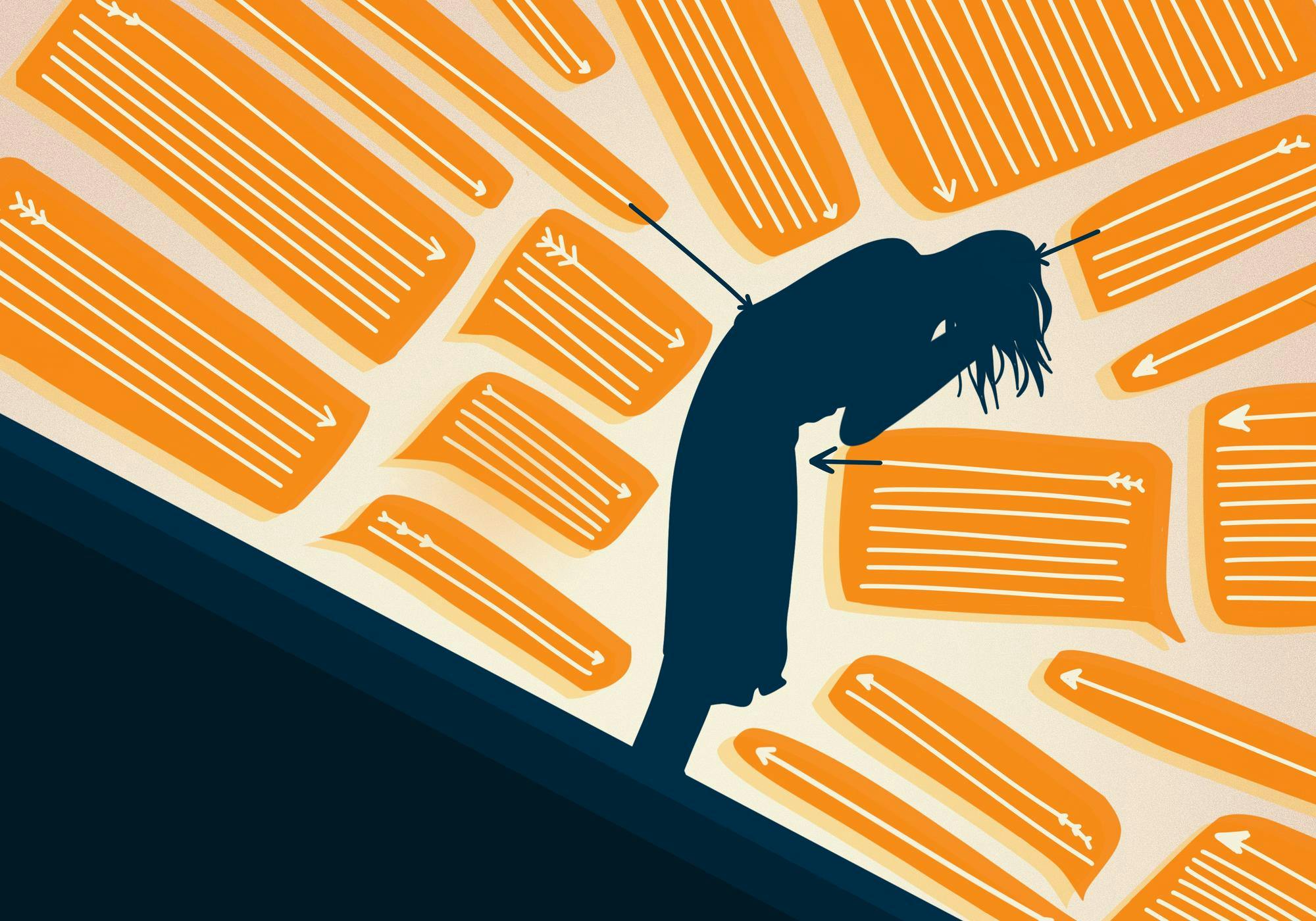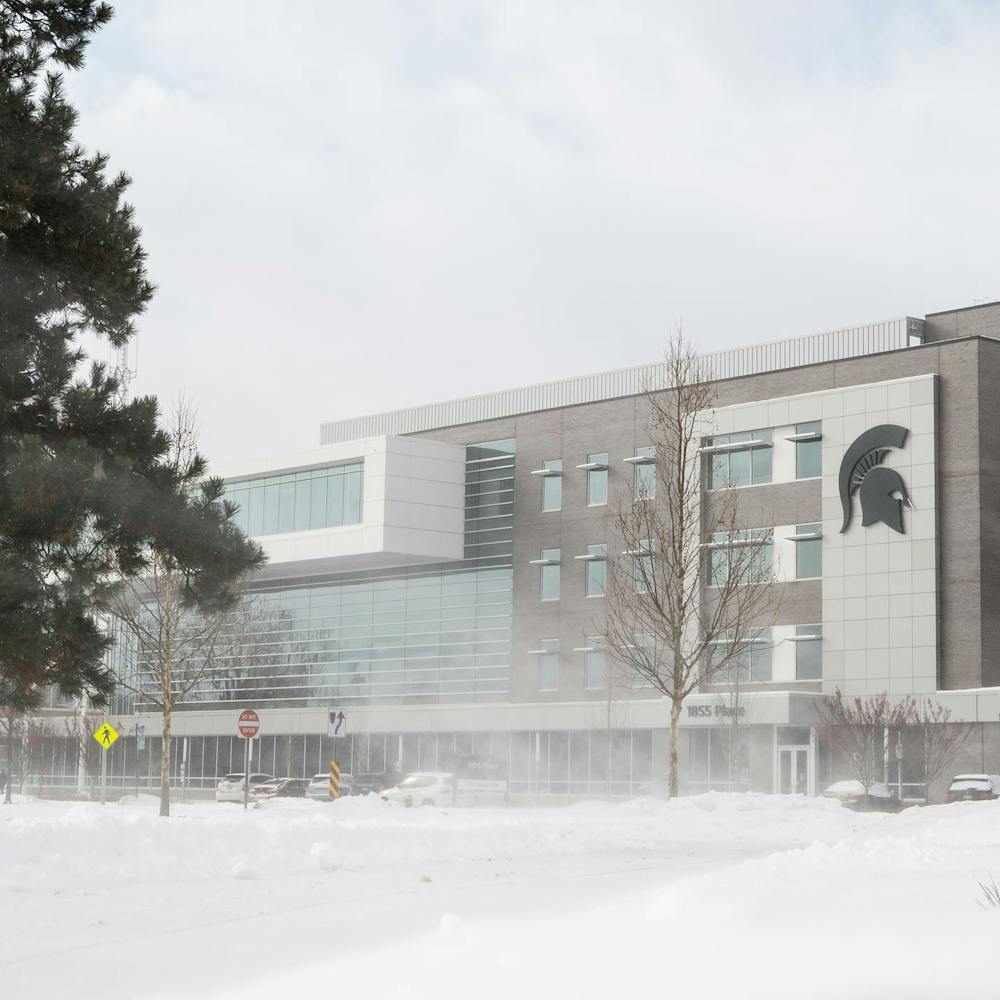Microaggressions — those subtle, discriminatory remarks or actions — are a reality many students at Michigan State University navigate daily. These experiences, whether rooted in race, sexual orientation or gender identity, can leave lasting impacts on students’ mental health and academic performance.
Microaggressions at MSU occur in various contexts, from casual interactions to professional environments. Students report encountering microaggressions in various spaces, ranging from classes to dining halls. For some, these experiences are subtle but persistent reminders of exclusion.
"Unfortunately, I've encountered microaggressions even here at home, within my own dorm," environmental sciences and arts and humanities sophomore Jessica Watley said. "I’ve faced everything from homophobia to subtle racist remarks, which makes it hard to feel at ease in a place where I should feel safe."
Instances like these foster a sense of "otherness," making it difficult for students to fully engage in campus life while also taking a toll on their mental health. The psychological impact of microaggressions often accumulates over time, affecting both well-being and academic performance. According to the National Library of Medicine, microaggressions function as chronic stressors that can significantly harm students' mental health.
"It took me a minute to find friends and a sense of community in fisheries and wildlife because I started assuming everyone would mistreat me like how I had experienced in the past," fisheries and wildlife senior Lucy Breda said.
Despite the challenges, many students have found ways to cope by utilizing available resources. They often turn to friends, mentors or student organizations for support during difficult times. Others find solace in journaling or connecting with peers who share similar experiences, using these outlets as valuable tools for processing their emotions and fostering a sense of community.
"I try to find people who can relate or have similar experiences," Breda said. "Other times I try to take it higher by writing letters or reaching out to DEI representatives."
The impact of microaggressions extends beyond individual experiences, influencing the overall campus climate. Many students view advocacy and action as crucial steps toward fostering change — not only to ensure their sense of safety, but also to support others facing similar challenges.
"As a Black woman, I know microaggressions like the back of my hand," Watley said. "Sometimes speaking out isn’t enough; you gotta get out there and do."
Breda stressed the importance of not letting microaggressions go unchallenged, and presenting that challenge in a constructive way.
"I’m pretty upfront about confronting microaggressions that I experience," Breda said "I feel we should be more open with giving our peers feedback."
Students agree that while personal coping strategies are important, institutional support is critical in fostering an inclusive environment. Many believe MSU could do more to address these issues and create a campus climate where everyone feels valued.
"I’d like to see regular training on microaggressions and implicit bias for all students, faculty and staff," Watley said. "Creating safe spaces and support networks for open dialogue, along with clear, non-intimidating reporting channels, would help."
By sharing their stories and calling for institutional improvements, MSU students are working to ensure that all members of the campus community feel respected and valued. Through a combination of personal resilience and collective action, they are fostering a culture of inclusion and understanding.
"I don’t find it challenging to explain microaggressions to others because I simply explain it as the little things that are valued more than the big things," psychology senior Natasha Rice said.
Support student media!
Please consider donating to The State News and help fund the future of journalism.
Discussion
Share and discuss “Navigating microaggressions: How students cope, advocate for change” on social media.







